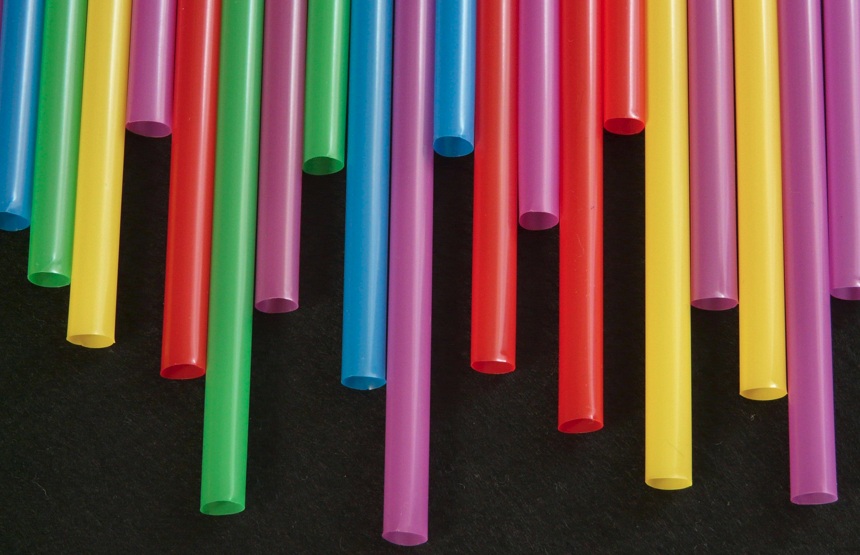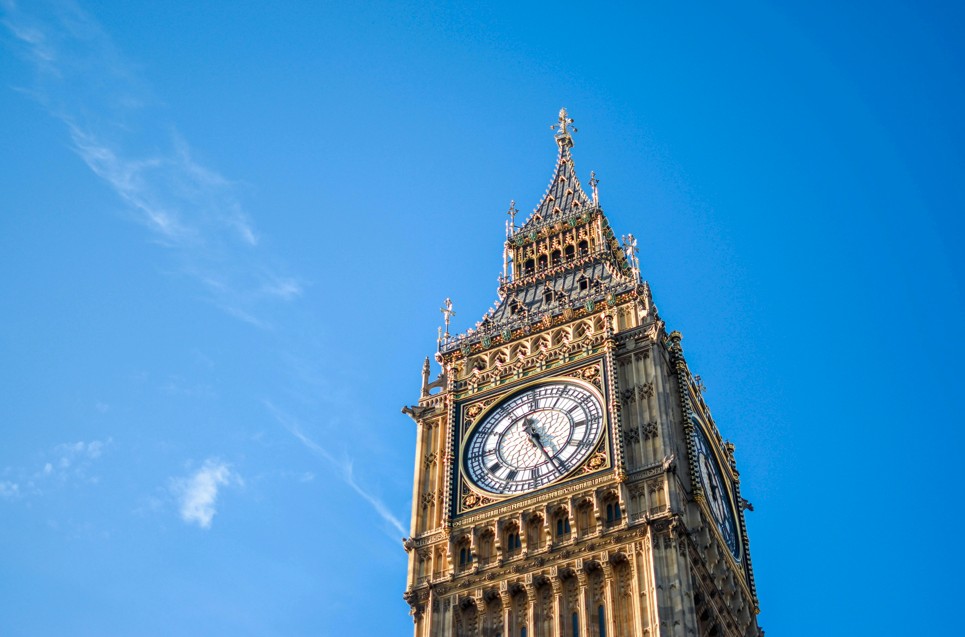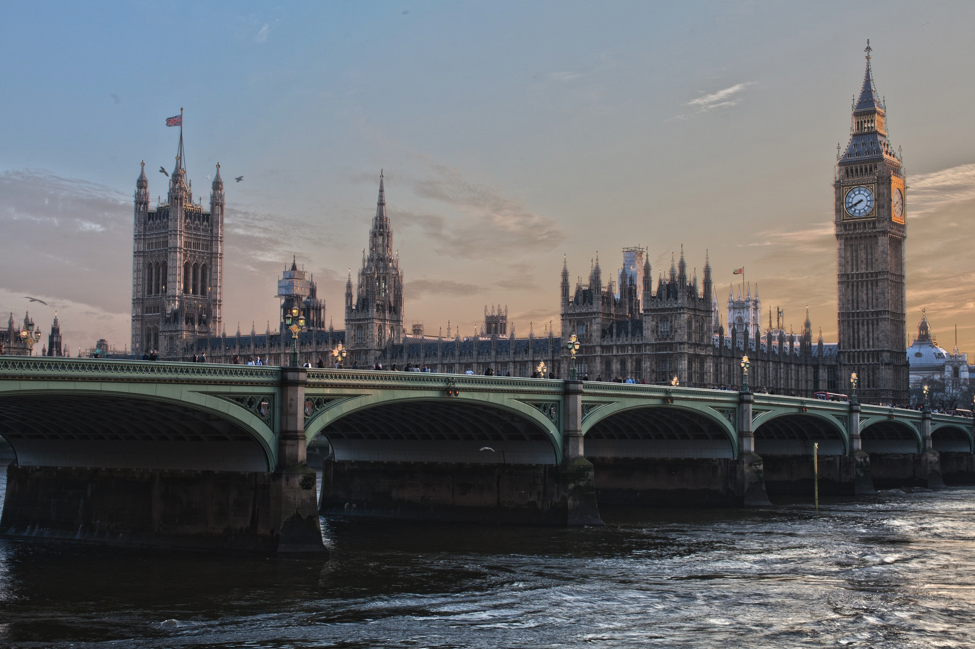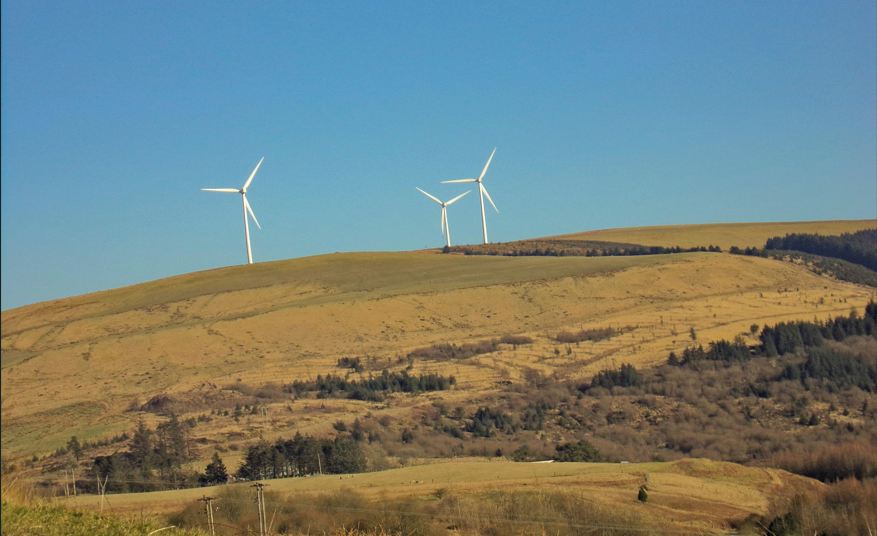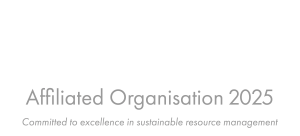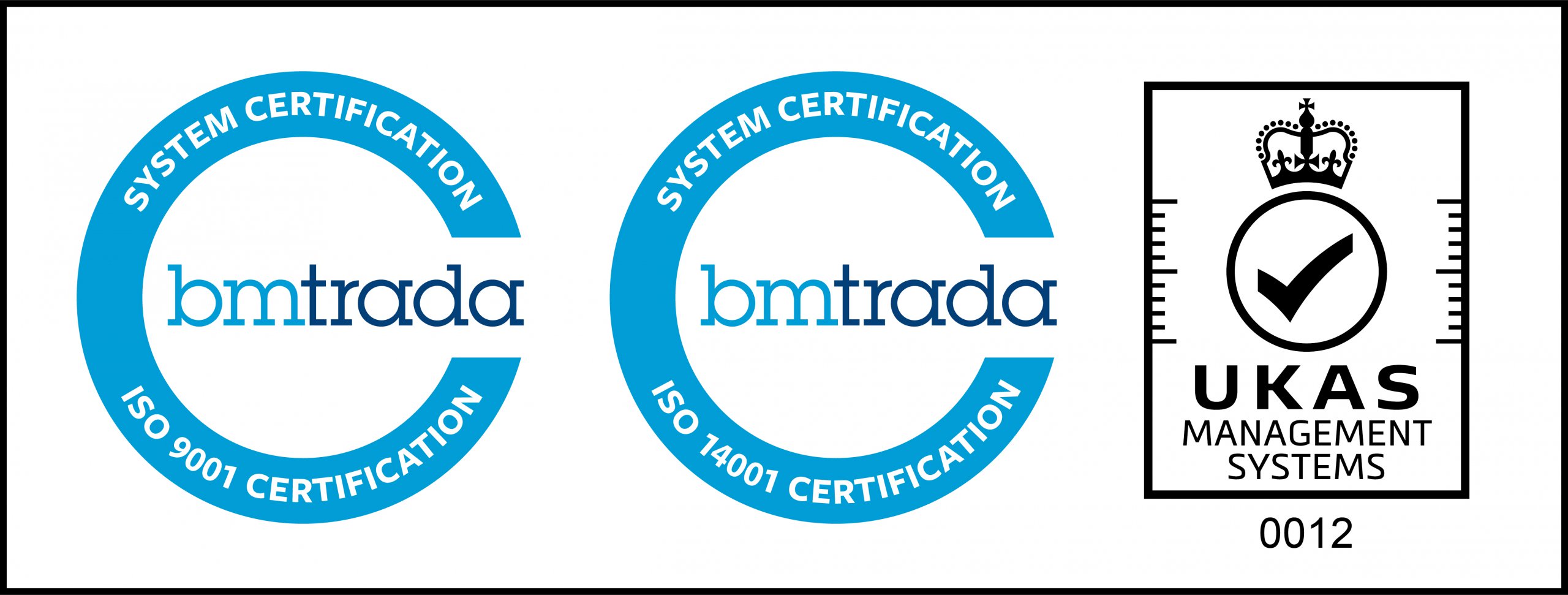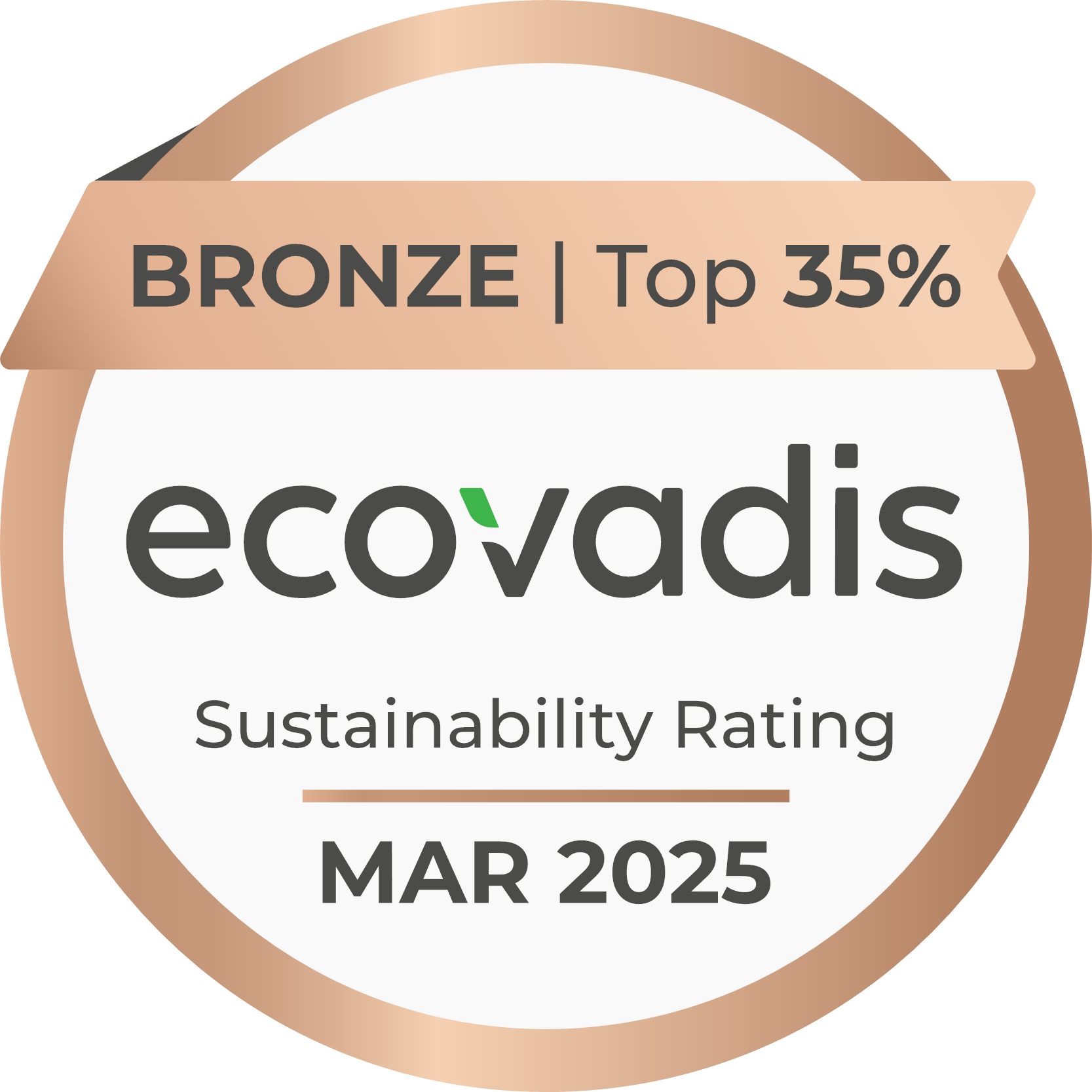A new report by Eunomia Research and Consulting highlights that significant reductions in plastic production and emissions are crucial for the plastics industry to align with the 1.5°C climate target set under the Paris Agreement. Commissioned by the Environmental Investigation Agency, the report was launched today at COP29 in Baku.
The analysis evaluates the proposed 40% reduction in plastic production by 2040, put forward by Rwanda and Peru during earlier treaty negotiations. The findings reveal that even with this target, the plastics sector would overshoot its 1.5°C carbon budget by 40%, unless accompanied by aggressive decarbonisation and increased recycling.
Currently, plastic production generates four times the greenhouse gas emissions of the aviation industry but remains largely absent from climate negotiations. Eunomia modelled scenarios comparing business-as-usual growth with reduced demand. It found that without immediate changes, the sector's emissions trajectory could exceed a 1.5°C carbon budget by 360%.
Key findings include:
- Achieving the 40×40 target requires a 63% global recycling rate.
- Coupled with at least a 35% demand reduction and decarbonisation, the target could align with a <1.7°C carbon budget, still falling short of the 1.5°C goal.
- Delaying action beyond 2025 would jeopardise reduction efforts.
Christina Dixon of the Environmental Investigation Agency stated, “This report underscores the urgency for ambition and political will. The gap between what is achievable and what is required to prevent climate catastrophe is vast. The time to peak plastic production is now.”
Simon Hann, the report’s author, emphasised, “A reduction in primary plastics production is pivotal to bridging the gap between current trajectories and necessary targets.”
The findings add weight to calls for stronger measures in the forthcoming Global Plastics Treaty [Defra Hosts Plastics Treaty Talks 08.11.2024].

